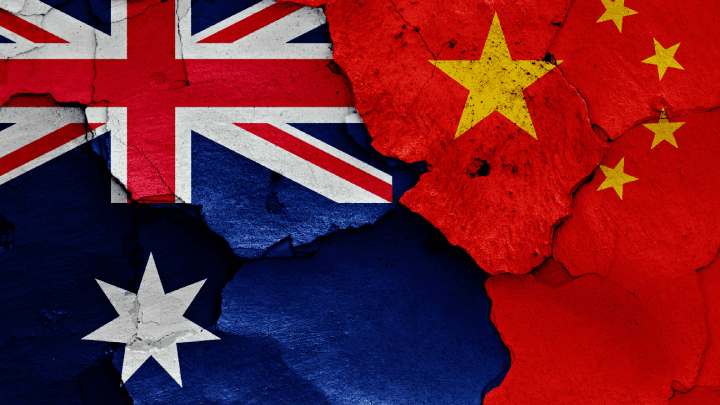
After months of continuing to rally against China as the enemy, Australian PM Anthony Albanese sat down to have a 32-minute diplomatic meeting with Chinese president Xi Jinping, at the latter’s request, on 15 November 2022 in Bali, as the G20 summit was about to take place.
Since then, the conversation has been revolving around the great China reset, as if the mounting war tensions this country has been following the US lead on with rising fervour since the onset of the pandemic, has somehow been swept away by this brief diplomatic interlude.
The truth of the matter is, however, that the Australia-China meeting followed similar such discussions between US president Joe Biden and his Chinese counterpart the day prior, and no one considers that exchange has signalled an end to the “drums of war”.
A little over a week before the meeting, Albanese publicly outlined, via an interview with News Corp journalist Greg Sheridan, his intention to bolster this nation’s military arsenal over the next five years, with “more weaponry that can actually make a difference”.
The PM cited the need for more missile capabilities, drones and cyber warfare technology, and he further decried the former Coalition government for not having taken this course action before him.
Diplomatic thaw
The Albanese-Xi meeting was the first between leaders of these two nations in six years. And the relationship between Canberra and Beijing has been tending towards the terminal since former PM Scott Morrison called for a global independent inquiry into the source of COVID-19 in 2020.
The recent meeting has been hailed as a major breakthrough and has led to a myriad of questions regarding what this diplomatic thaw could mean in terms of our country’s largest trading partner lifting sanctions it’s been placing on Australian goods over the pandemic period.
However, a fortnight earlier, Albanese felt bold enough to specifically call out China in his interview with Sheridan in The Australian, as the PM stated that Beijing has clearly “changed its posture in the region and that’s something that we, as a middle power in the region, have to take account of”.
Indeed, prior to even taking office and ever since he’s held the top ministerial role, Albanese has consistently been running the “China has changed” line in order to justify the ongoing hostility towards Beijing, along with his unbridled support for the AUKUS pact and all of its trimmings.
Announced by former PM Morrison in September last year, the AUKUS is a security agreement between Australia, the United Kingdom and the United States, which involves this country investing in nuclear-powered submarines that are specifically aimed at taking on a rising China.
Things are heating up
So, the anomaly in the current equation is not that Albanese has continued with the war rhetoric that Morrison and now opposition leader Peter Dutton had been increasingly whipping up over the last two years, but rather it’s that the PM sat down for the meeting with his Chinese counterpart.
As Australian Greens Senator David Shoebridge recently told Sydney Criminal Lawyers, any conflict with Beijing will commence without any consultation with our country and it “will potentially see us enmeshed without any independent assessment of our national interest”.
The most telling example of this was when Four Corners revealed in late October that Washington has drafted plans for an upgrade of the RAAF Base Tindal, situated south of Darwin, which includes the construction of an area where Washington can store six nuclear-capable B-52 bombers.
And the US is strengthening its military presence in the Asia-Pacific region on Australian soil not out of concerns for defending our nation, but in order to ensure its own capabilities in fighting a successful war against another country that’s beginning to threaten its global hegemony.
